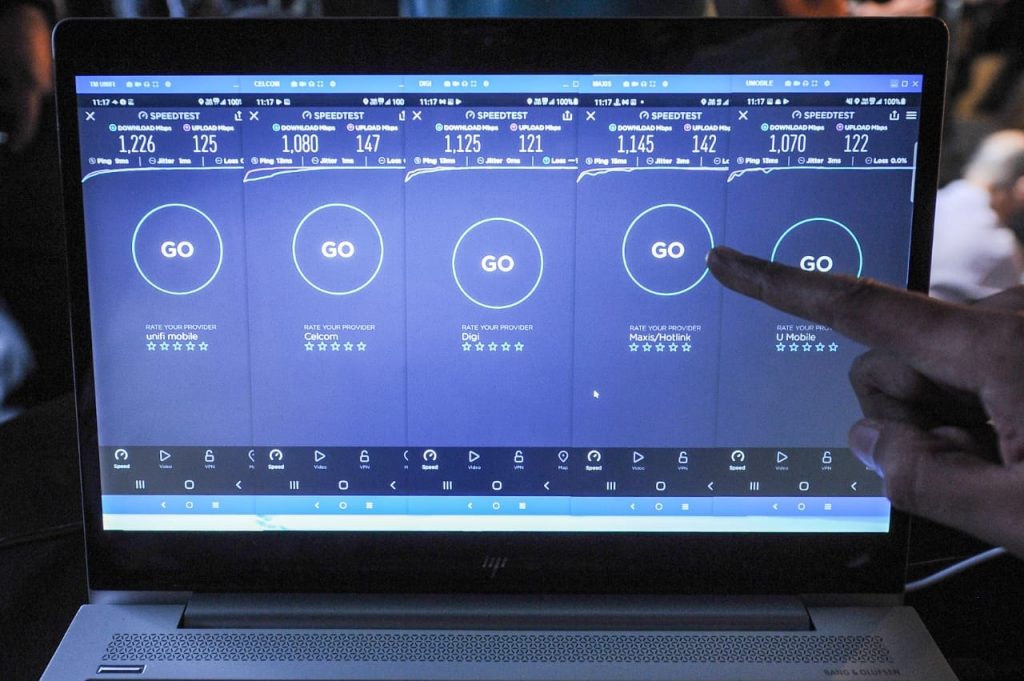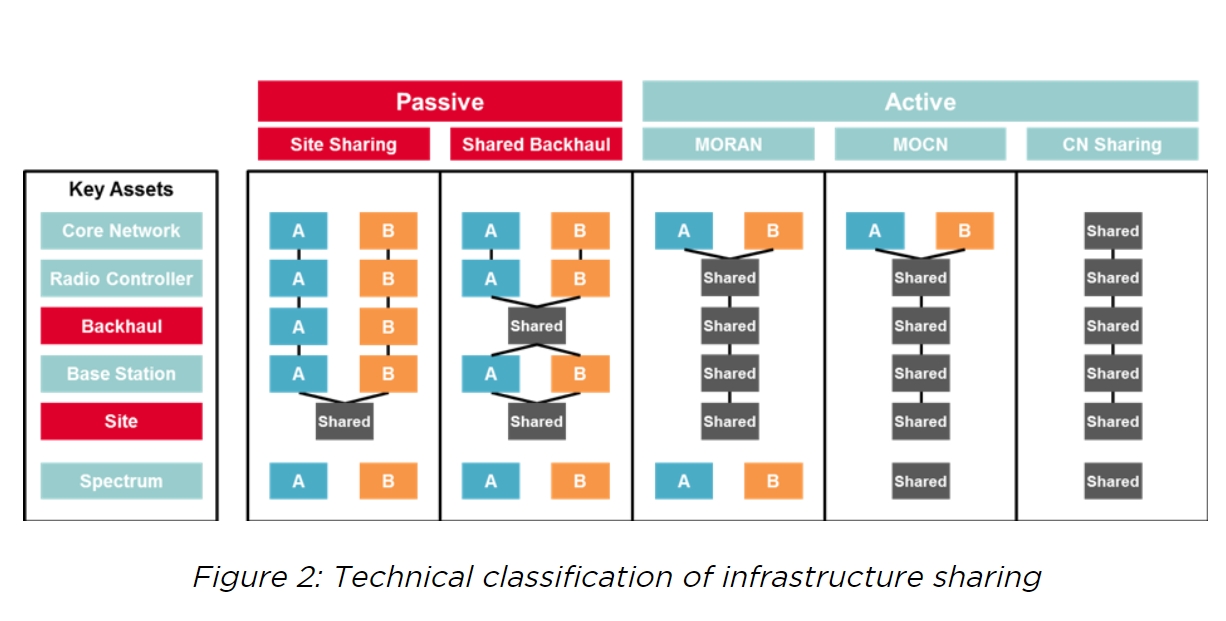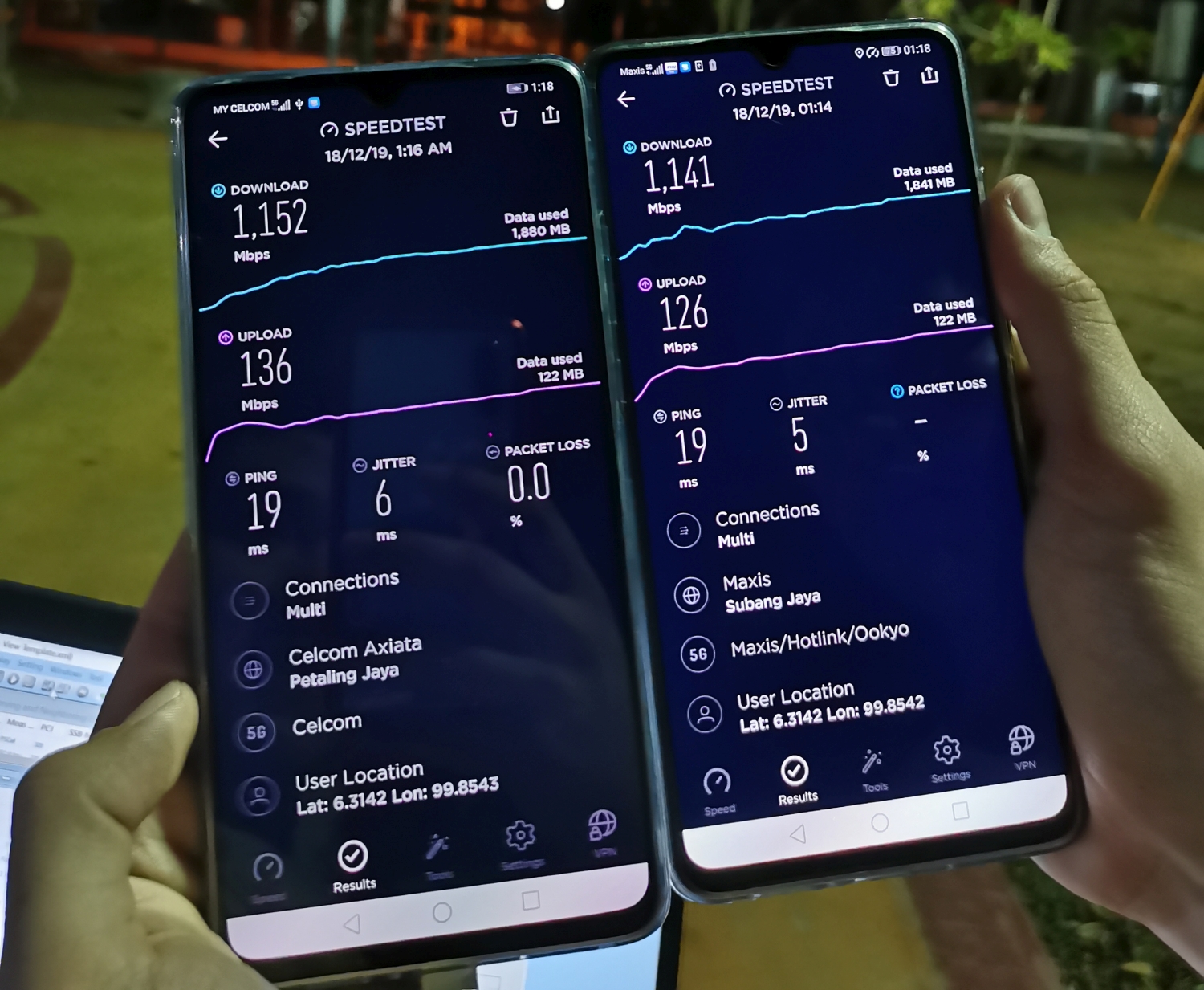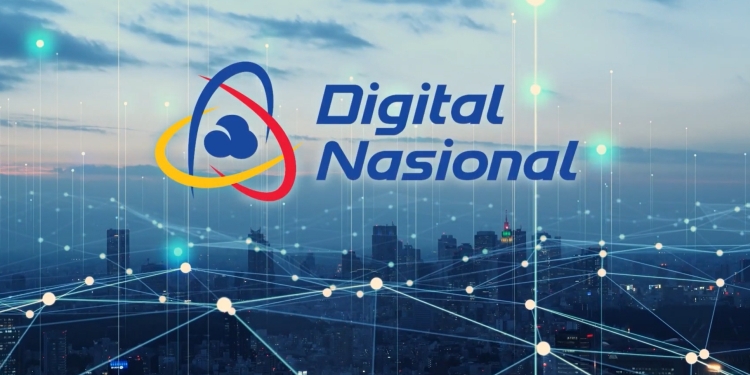Before Malaysia officially launches 5G services by the end of this year, Digital Nasional Berhad (DNB) has announced its completion of trial integration with local telcos. DNB claims this is the world’s first 5G Radio Access Network (RAN) trial integration with more than two mobile network operators (MNO). They have successfully integrated with five telcos, with a sixth telco to be integrated at a later date.

According to DNB, they are on track to have 500 5G sites ready for MNOs by the end of 2021, and consumers with 5G compatible devices can enjoy at least 100Mbps at the weakest point of 5G coverage. It added that this is made possible with the adoption of the Multi-Operator Core Network (MOCN) model of the 5G rollout which enables the sharing of network infrastructure and 5G spectrum resources.
Through a single-wholesale network, DNB said 5G services can be delivered to telcos at a lower cost per GB compared to the current 4G standard. As a result, consumers can look forward to ultra-fast, high quality and affordable internet speeds. Following the MOCN integration, MNOs can sign up to acquire 5G wholesale services from DNB to offer affordable 5G services to their end consumers.
Melihat “Showcase 5G Multi-Operator Core Network (MOCN) Integration 5G Radio Access Network (RAN) Site” di Titiwangsa, Kuala Lumpur. DNB sedang giat membangunkan infrastruktur supaya syarikat-syarikat telekomunikasi boleh menggunakan fasiliti bersama untuk pembangunan 5G. pic.twitter.com/DpJvm05XOC
— Annuar Musa (@AnnuarMusa) November 10, 2021
Commenting on the integration, Communications and Multimedia Minister Tan Sri Annuar Musa said “Today I witnessed the seamless integration between DNB’s 5G radio network with each MNOs’ existing core platforms, which will eliminate costly duplication in infrastructure investments and is expected to drive lower 5G prices to end-users. This will further enable the accelerated adoption of 5G services in Malaysia and
narrow the digital divide.”
Head of Ericsson Malaysia, Sri Lanka and Bangladesh, David Hägerbro, said “The 5G MOCN integration with more than two MNOs on the DNB network is a historical milestone, not only for the Malaysian mobile telecommunications industry but also globally.”
He added that 5G MOCN integration so far has only involved two MNOs and the fact that more than two MNO core networks can share the same radio access network (RAN) and bandwidth is a testimony to Ericsson’s 5G deployment expertise. It also sets a significant milestone in Ericsson’s delivery of the 5G network in Malaysia to provide the most optimised 5G experience for consumers and enterprises.

DNB explained that MOCN model is a global telecommunications standard defined by the 3GPP and it allows a single network infrastructure or RAN to be shared and connected to multiple MNO Core Networks. In a traditional deployment, each MNO would deploy its own infrastructure based on its respective allocation of spectrum awarded by the MCMC.
The first MOCN tower in Malaysia was erected in Sarawak under the SMA 300 tower program which enables multiple telcos such as Celcom, Maxis, Digi, and U Mobile to share infrastructure to provide 4G coverage in a cost-effective manner. Last year, telcos including Maxis, Celcom, TM and U Mobile have also conducted MOCN trials for 5G to enable faster and cost-effective deployment of 5G via network sharing. The MOCN trial between Celcom and Maxis on the 3.5GHz spectrum conducted in January 2020 was the first of its kind in Southeast Asia.

With MOCN, DNB says MCMC has provided all available lanes (5G spectrum) to DNB allowing them to build a single, seamless “superhighway” that is both secured and adaptable as the peak can be managed across all DNB customers. They added that the 5G superhighway entails the rollout of a single seamless infrastructure comprising of the radio unit, power, and fibre connectivity which will serve all MNOs equally on a wholesale basis.
It emphasised that through the pooling of the 5G spectrum with DNB and the reduction of duplicate sites and infrastructure, DNB is in the position to deploy the national 5G network on an accelerated schedule in just 5 months after the appointment of Ericsson.
DNB targets to provide 80% 5G population coverage by 2024. By end-December 2021, it aims to cover selected areas of Kuala Lumpur, Putrajaya, and Cyberjaya.








